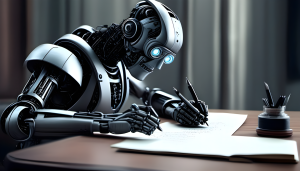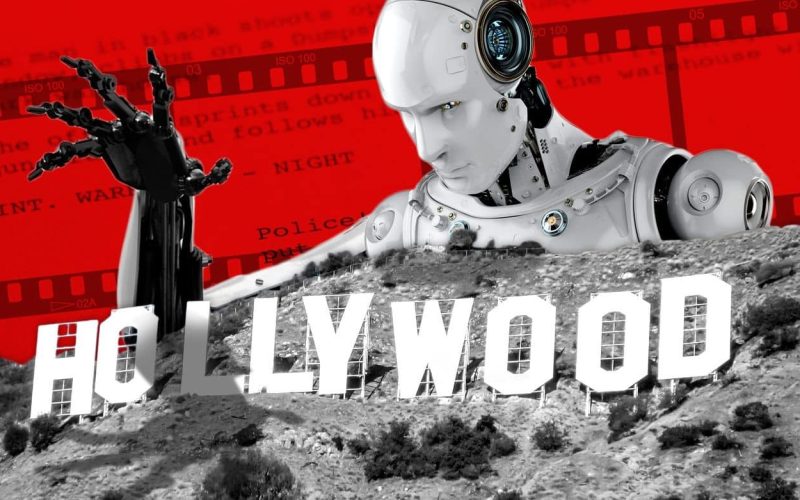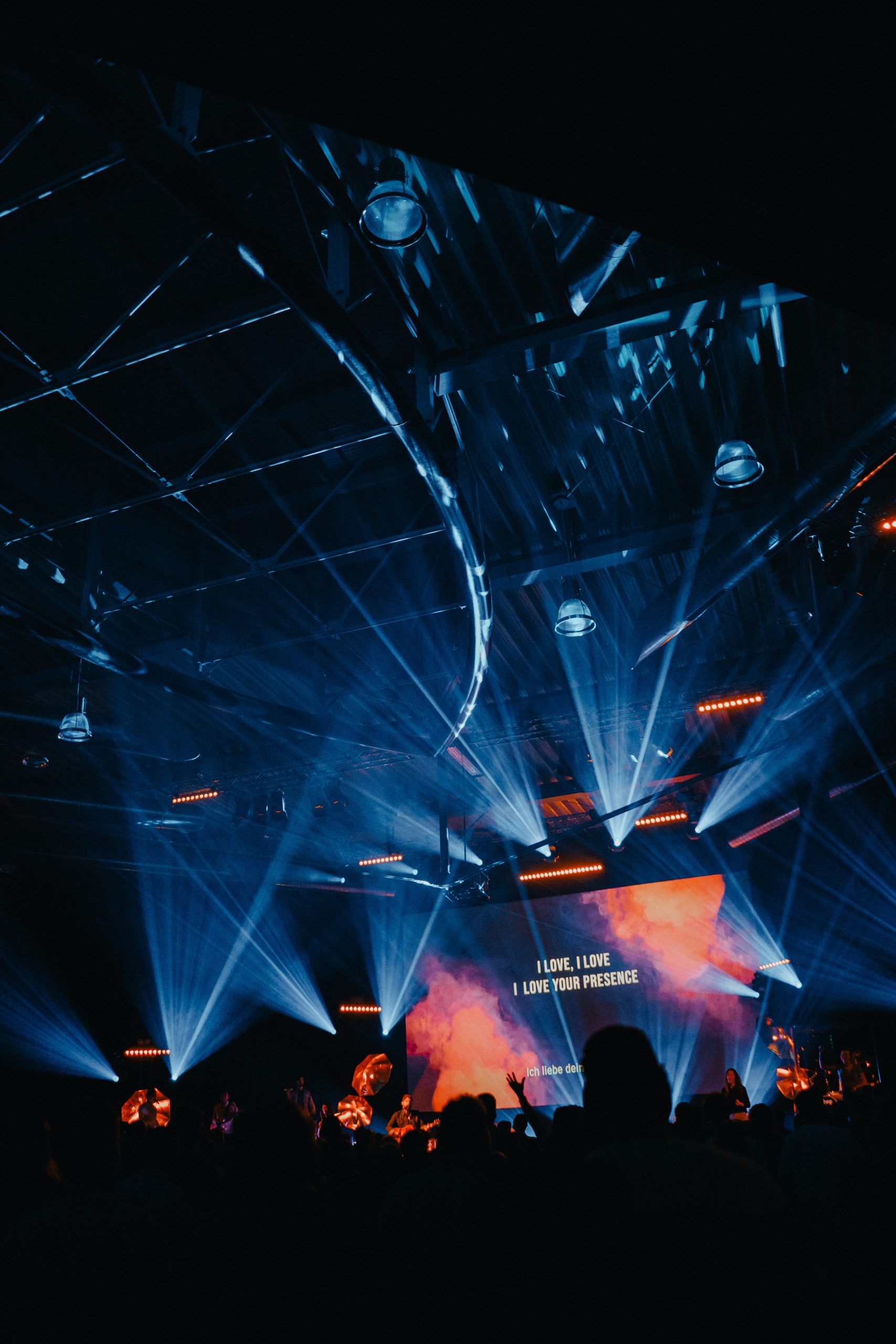Introduction
In recent years, Artificial Intelligence (AI) has made significant strides across various industries, and Hollywood is no exception. AI scriptwriting in Hollywood is emerging as a groundbreaking tool that is transforming the way stories are conceived, developed, and refined. This article delves into the multifaceted impact of AI on scriptwriting, exploring its benefits, challenges, and future potential.
The Emergence of AI in Hollywood

-
Historical Context
Hollywood has always been at the forefront of technological innovation, from the advent of sound in movies to the use of CGI. The introduction of AI into scriptwriting marks the latest chapter in a long history of technological advancements aimed at enhancing storytelling.
-
Why AI Scriptwriting?
The primary allure of AI in scriptwriting lies in its ability to analyze vast amounts of data quickly and generate content that aligns with current trends and audience preferences. This capability is particularly valuable in an industry where the stakes are high, and the demand for fresh, engaging content is relentless.
How AI is Used in Scriptwriting

-
Data Analysis
One of the most significant advantages of AI is its ability to analyze large datasets. In scriptwriting, this means examining thousands of scripts, box office performances, and audience reviews to identify patterns and trends. This data-driven approach allows writers and producers to make more informed decisions.
-
Content Generation
AI can generate scripts or script elements based on specific criteria. For example, an AI algorithm can be trained to write dialogue that mimics a particular style or to develop plot lines that incorporate popular themes. While AI-generated scripts are not yet ready to replace human writers, they can serve as valuable tools in the creative process.
-
Script Editing
AI can also assist in the editing process by identifying inconsistencies, suggesting improvements, and even predicting how audiences might react to certain elements of a script. This can save time and resources, allowing writers to focus on refining their work rather than getting bogged down in minutiae.
Benefits of AI in Scriptwriting

-
Efficiency
One of the most immediate benefits of AI in scriptwriting is increased efficiency. AI can handle repetitive tasks and analyze data much faster than humans, freeing up writers to focus on creative aspects.
-
Enhanced Creativity
Contrary to the fear that AI might stifle creativity, many in the industry believe it can enhance it. By providing new ideas and perspectives, AI can serve as a valuable collaborator, pushing writers to explore new directions they might not have considered otherwise.
-
Market Alignment
AI’s ability to analyze audience preferences and market trends means that scripts can be tailored to meet current demands more effectively. This increases the likelihood of commercial success, which is a significant consideration in Hollywood.
Challenges and Ethical Considerations

-
Quality Control
While AI has made significant strides, it is not infallible. Ensuring the quality of AI-generated content remains a challenge. Human oversight is essential to ensure that scripts meet the high standards expected in Hollywood.
-
Ethical Concerns
The use of AI in scriptwriting also raises ethical questions. For instance, who owns the rights to an AI-generated script? Additionally, there are concerns about job displacement for human writers. While AI can be a valuable tool, it is crucial to navigate these ethical considerations carefully.
-
Bias and Representation
AI systems are only as good as the data they are trained on. If the training data contains biases, these can be perpetuated in the AI-generated content. Ensuring diversity and representation in AI scriptwriting is an ongoing challenge that the industry must address.
The Future of AI Scriptwriting in Hollywood

-
Collaboration Between Humans and AI
The future likely lies in a collaborative approach, where AI serves as a tool to augment human creativity rather than replace it. Writers can leverage AI to handle routine tasks and provide new ideas, while still retaining control over the creative process.
-
Advancements in AI Technology
As AI technology continues to evolve, its capabilities in scriptwriting will only improve. Future advancements could include more sophisticated natural language processing, better understanding of narrative structures, and even the ability to generate multimedia content.
-
Educational and Training Programs
To fully realize the potential of AI in scriptwriting, educational and training programs will be essential. Writers and industry professionals will need to be trained in how to effectively use AI tools, ensuring that they can leverage these technologies to their fullest potential.
Conclusion
AI scriptwriting in Hollywood is not just a passing trend; it is a transformative force that is reshaping the industry. While there are challenges and ethical considerations to navigate, the potential benefits are immense. By embracing AI as a collaborator rather than a competitor, Hollywood can unlock new levels of creativity and efficiency, paving the way for a new era of storytelling.










